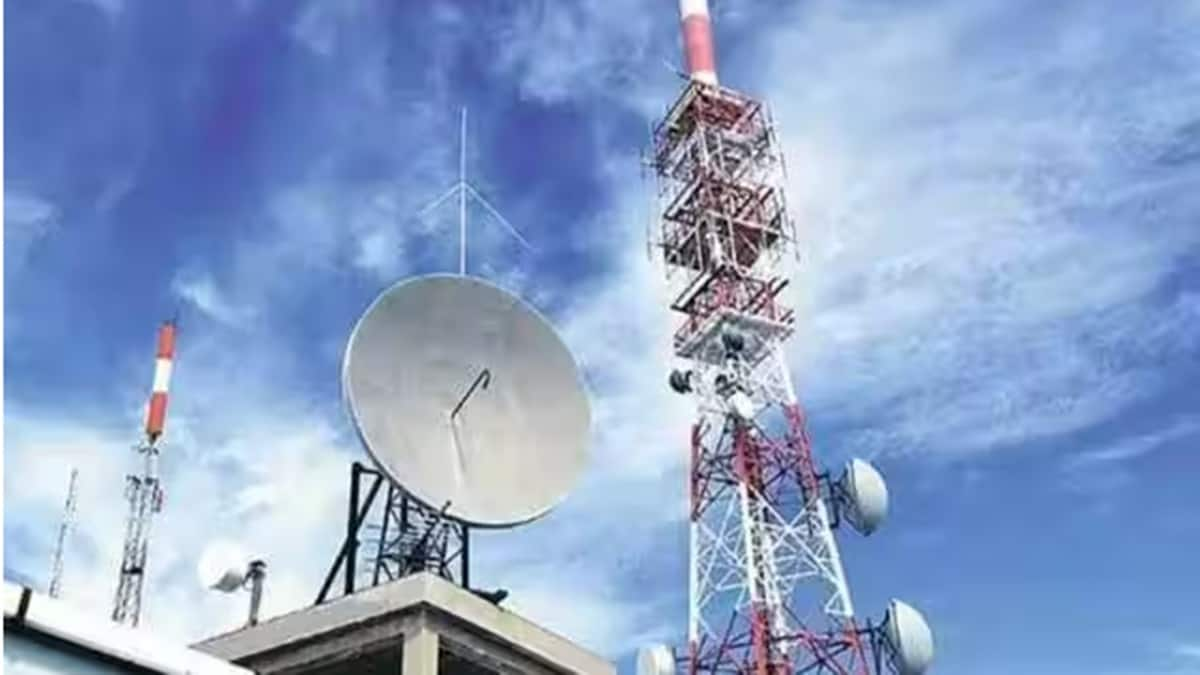The Financial Express
Caller identification app Truecaller has approached the Telecom Regulatory Authority of India (Trai) and the department of telecommunications (DoT) over the issue that telcos charge them international SMS rates despite their messages originating and terminating in India, sources in the know said.
The company uses services of telcos to send SMSes such as one-time password (OTP) to register their users once they sign up on the app. While maintaining that its case should be treated differently than of other global firms and domestic SMS rates should be applicable, Truecaller has told the government that because its SMSes are categorised as international it incurs an additional operational cost of approximately Rs 12-13 crore annually, according to sources.
Countering the same, telecom companies in a consultation paper on ‘definition of international traffic’ have told Trai that some non-telecom companies such as financial institutions, OTTs, e-commerce companies, bypass the licensing framework to transmit international SMSs which is nothing less than a grey route.
The global companies through their servers located outside India, transmit international SMSes via telemarketers in India who use the DLT (distributed ledger technology) to transmit messages to end consumers and that bypasses the international long distance (ILD) route, telcos said.
“Truecaller’s SMSes, including the underlying content, are originated, carried, and terminated by domestic TSPs (telecom service providers) and do not leave the geographical boundaries of India at any point of time. Even so, TSPs arbitrarily levy international traffic tariffs for Truecaller’s SMSes, incorrectly classifying us as an international entity,” Truecaller said in its comments on the consultation paper.
Explaining the flow of SMSes, the company said the request for a transactional SMS for an end user having an Indian mobile number originates from such end user’s Truecaller App in India. The request is then delivered to a data centre hosted in Mumbai, processed by a domestic aggregator that is a communication platform as a service provider (CPaaS) who originates such SMS through a TSP in India, and the SMS ultimately terminates at the said end user’s mobile phone.
Currently, telecom service providers charge businesses approximately Rs 4.14 per international SMS compared to 13 paise charged per domestic SMS. In May, FE was the first to report that telecom operators have increased the SMS tariff by 25% to Rs 4 for overseas tech firms like Amazon, Google, Meta, and others, for sending messages to their customers in India.
According to some industry officials, in absence of a definition of domestic and international SMS by Trai, the telecom companies have interpreted their own definitions which is causing troubles for companies like Amazon, Truecaller, etc.
Notably, Trai has scheduled an open house discussion on the subject on August 24. In the consultation, Trai has proposed a definition of International traffic as international long-distance traffic originating in one country and terminating in another country, where one of the countries is India.
Airtel said, “the issue is not about defining the traffic globally accepted in terms of the working of telcos but more about the violation of India’s licensing and security framework. Indian telcos are not doing anything unique or radically different from telcos globally in the way they treat international (SMS) traffic”.
Unlike Truecaller, Amazon’s case is different. The e-commerce firm uses certain applications for sending SMSes which it says do not interact with telecom networks at the time of origination.
In counter, Jio said, “stakeholders who previously hesitated to disclose their call flow are now acknowledging that their messages originate outside India”.
According to Jio, certain entities send SMSes to Indian users from servers or applications located outside the country. These messages originate from servers or applications outside India and then are routed as IP (internet protocol) packets to a mediation server or media gateway located within India using Internet/Private leased line and then pumped into the PSTN (public switched telephone network) by utilizing the short message peer-to-peer connectivity provided to the telemarketers.
“Such traffic is grey traffic and cannot be allowed to continue,” Jio said.
Get live Share Market updates and latest India News and business news on Financial Express. Download Financial Express App for latest business news.
Truecaller approaches Trai, DoT over telcos’ SMS rates – The Financial Express

